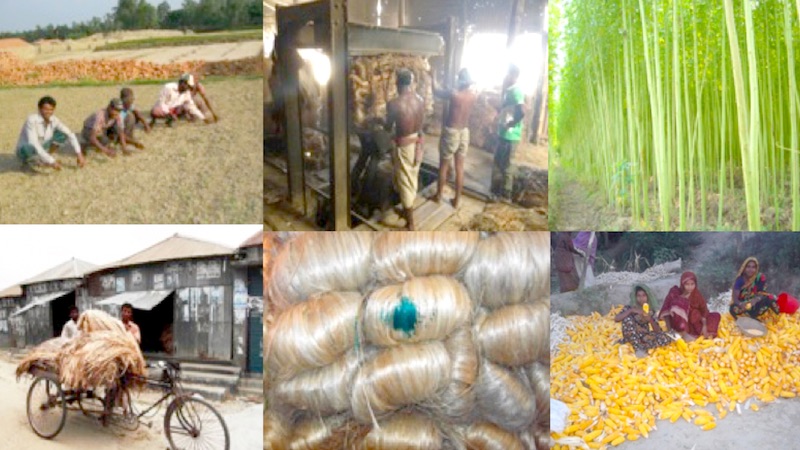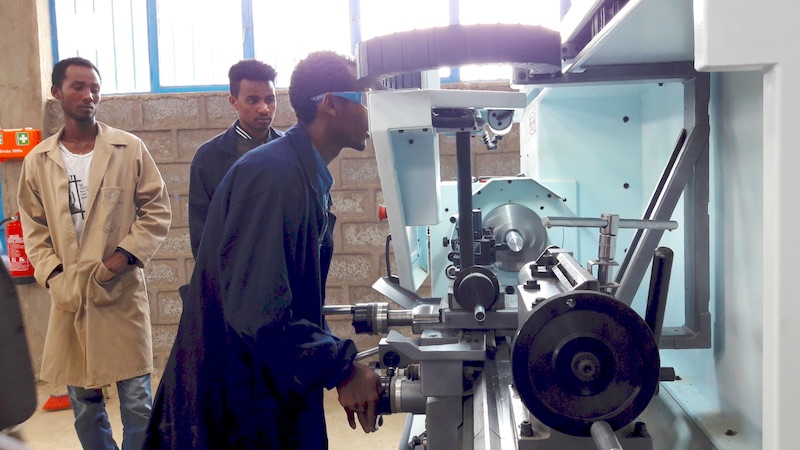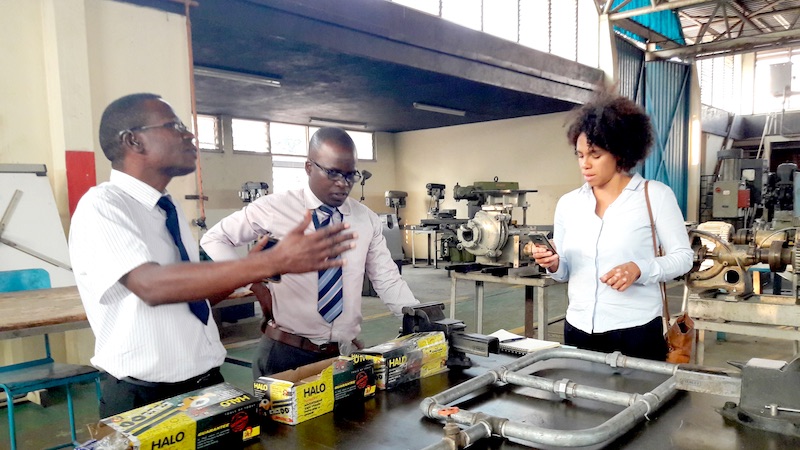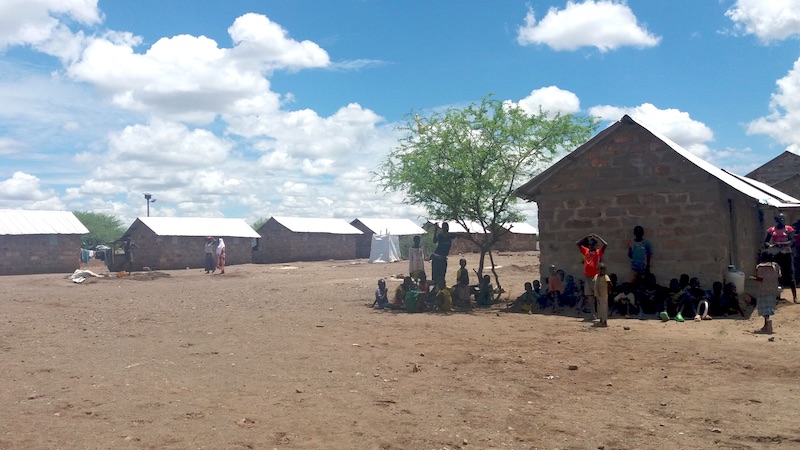Assessment of the social and environmental sustainability of a corporate supply chain in Bangladesh
Strategy & Concept development: BMW decided to verify the social and environmental performance of the supply chain for a specific natural raw material in its country of origin. We created transparency about an informal and complex value chain and provided strategic advice not only regarding risks, but also regarding opportunities to fulfil the company’s social responsibility. We developed a value chain approach that allowed the company to assess risks along the entire supply chain of Kenaf up to the primary producers in Bangladesh. We additionally advised the client on approaches of stakeholder consultation and on methods of performance analysis appropriate to the various stakeholders involved.
Project design & Evaluations: Our analysis included agricultural practices, such as seed production, the growing cycle, harvesting techniques and interdependencies with other crops. Based on the results, we developed a concrete project proposal that addressed the main environmental and social shortcomings in terms of agricultural practices, organization of producers, traceability and income provision along the value chain. Soon thereafter, BMW contracted GIZ to implement the project: Capacity Building for the value chain stakeholders led to improved living conditions of smallholder farmers and increased the sustainability performance of all stakeholders.
Process facilitation & Training: In order to assess the social and environmental risks along the entire value chain, spanning farmers, middlemen and processors, as well as exporting firms, we worked with a bi-national team that implemented focus group discussions and interviews with different stakeholders and experts. We complemented this with a high-level expert workshop with local industry leaders and site visits along the value chains. This allowed us to map the value chain, to assess opportunities and challenges, and to estimate profit margins of each group of stakeholders. Project duration: 03-05/2013.




